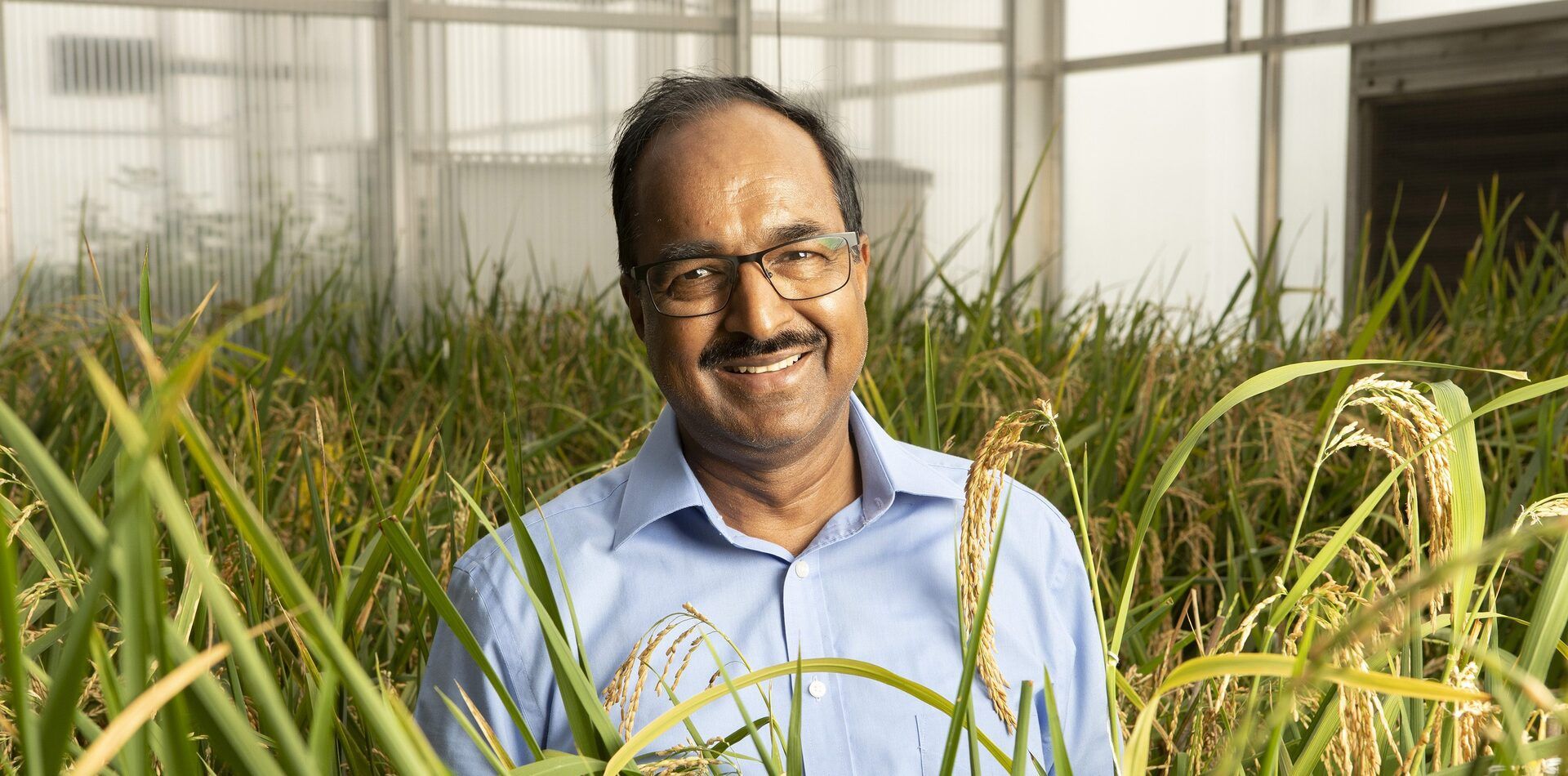- Barry Yeoman: Unabridged
- Posts
- My latest: Standing on new ground
My latest: Standing on new ground
Episode 4 of our "Still Here" series features two scientists working on climate change, wetland loss, and feeding a hungry world. Plus, some music about working off the Louisiana coast.

Alex Kolker in Louisiana’s Quarantine Bay. Photo by John Noltner.
Dear friends,
In Louisiana this summer, my colleagues and I jumped out of a boat into Quarantine Bay—and found ourselves standing in ankle-deep water. Below our feet was land that didn’t exist a decade earlier.
The new land was discovered by a researcher named Alex Kolker, whose photo you see above. I interviewed Alex for our “Still Here” multimedia series. Check it out:
While others spent the Covid-19 lockdown baking sourdough bread, Alex was studying satellite images of the Mississippi River Delta. As an oceanographer, geologist, and climate scientist, he is interested in how the Louisiana coastline loses land, and also how it builds that land back.
Along the way, Alex noticed a new offshoot from the Mississippi. Over the course of about a year, a tiny cut had widened into its own veritable river. Neptune Pass, as it’s now called, carried more than four times as much water as New York’s Hudson River.
That water contained sediment, which was building land in nearby Quarantine Bay. This rapid land-building process was the opposite of what’s happening in much of Louisiana, which has lost 2,000 square miles in the past century. To Alex, Neptune Pass offers clues about how to save Louisiana from disappearing.
Alex explained all this clearly—and enthusiastically!—in our interview, which you can hear at the link above. Or you can listen to the podcast on your favorite app.
The web page also features gorgeous photos from that boat ride, taken by my colleague and friend John Noltner.

Neptune Pass. Photo by John Noltner.
This is Week 4 of “Still Here,” a series about the people who are working to preserve wetlands and traditions along the fragile Louisiana coast. It’s a collaboration with John’s non-profit, A Peace of My Mind, which uses art and storytelling to bridge divides. There are links to all the episodes here.
We’ve also published a bonus interview this week, with a rice geneticist named Prasanta Subudhi. He is trying to answer a big question: How do we feed a hungry world even as the climate changes? The key, he says, is developing crops that can tolerate drought, heat, and salt—and that’s where he has devoted his career.

Prasanta Subudhi at Louisiana State University. Photo by John Noltner.
Listen, read, and see photos here:
Plus, what I’ve been reading:
Kevin Sieff on pigeon heists in Belgium: part tragedy, part police thriller, part absurdity.
Viola Zhou on why so many people in China are turning to chatbots for medical advice.
This nine-part series on food and power in the American West, a collaboration between High Country News and the non-profit Food & Environment Reporting Network.
And a song about working off the Louisiana coast:
From 50 years ago, Clarence “Gatemouth” Brown’s “Rosalie.” Brown was a genre-busting Louisiana native and a master of the blues fiddle. Over a six-decade career, he toured Africa, Western Europe, Central America, East Asia, and the Soviet Union. He won a Grammy and appeared on Hee Haw and Saturday Night Live. He worked for a while as a deputy sheriff in New Mexico. He died 20 years ago yesterday, two weeks after evacuating for Hurricane Katrina.
Next week, we’ll feature Rosina Philippe, a tribal elder living in Grand Bayou Indian Village, which can only be reached by boat. You don’t want to miss this strong and beautiful interview. See you Sept. 18.
All best,
Barry Yeoman